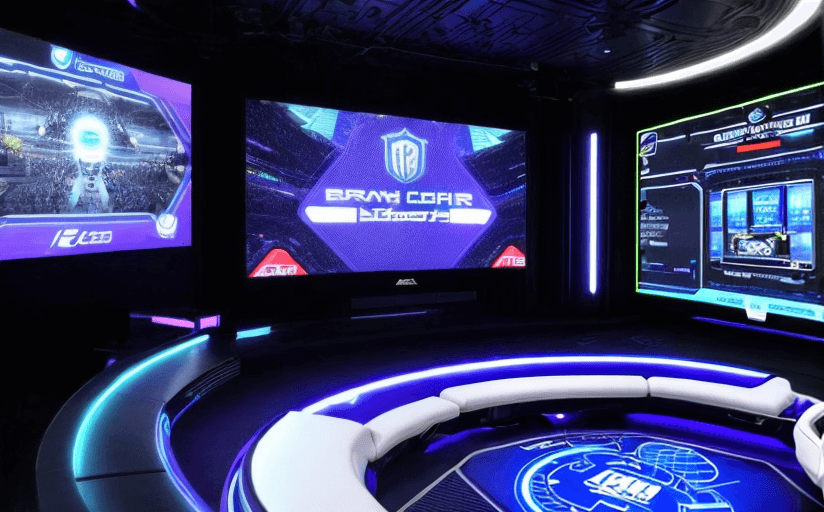The Impact of AI on Future Gaming and esports Landscape
As an expert in the field of Artificial Intelligence (AI) and gaming, the past few years have revealed remarkable strides in how AI is shaping the landscape of gaming and esports. Furthermore, predictions about the future role of AI promise an even more intriguing evolution for both competitive gaming and casual play.
AI Revolutionizing Game Design and Development
AI is making a significant impact on how games are designed and developed today. One little-known fact is that developers are now utilizing AI to procedurally generate content in games. For instance, algorithms are used in creating vast, unique terrains without needing a designer to handcraft each detail. Titles such as No Man's Sky use this technology, providing players with a vast, dynamic universe to explore.
AI, coupled with Machine Learning (ML), helps developers understand user behavior and preferences more accurately. This leads to personalized gaming experiences, a trend that's sweeping the gaming sector. For example, 'Candy Crush' uses ML algorithms to adjust gameplay difficulty based on a player's skill level.
Impact of AI on Gaming Experience and esports Landscape
The implementation of more advanced AI has significantly altered the gameplay experience. We see this in the evolution of non-player characters (NPCs). NPCs are now capable of more complex behaviors, and some can adapt to the player's style and continually provide a challenge, enhancing game realism and entertainment value.
For the esports landscape, AI can help analyze vast amounts of data from games for strategic analysis. Competitors could draw valuable insights from this information and devise superior tactics, raising the level of competition. AI technology could also provide a fairer gaming environment by identifying and combating cheating practices more effective.
The Future: AI in Competitive Gaming and Casual Play
In the future, we can anticipate AI's added influence on both esports and casual gaming. Predictive AI could make games increasingly dynamic, with in-game events adjusted based on player behavior. Enhanced AI-driven analytics could transform training methods for esports athletes. AI could also help in making games more accessible to players with disabilities, thereby fostering inclusive gaming.
Challenges and Opportunities
Despite holding immense potential, AI in gaming also presents challenges. For instance, developing highly sophisticated AI systems is resource-intensive. Moreover, creating AI that seems genuinely intelligent and interactive remains a formidable task. However, these challenges yield opportunities for continued innovation. AI as part of video games development presents an exciting avenue for advancements in the broader field of AI, as some gaming-related AI problems bear striking resemblance to problems faced in fields such as robotics and data science.
In conclusion, AI is poised to take center stage in the evolutionary journey of gaming and esports. With immersive gaming experiences and highly customized content responsible for game player retention, AI is not only changing 'how' games are played but also 'what' games have become.


















Comments
Leave a Comment